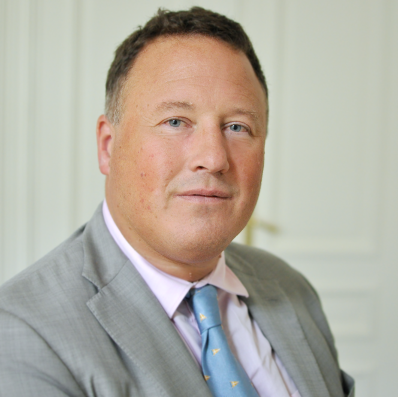Depression is so common, and yet so hidden.
Over the years I have known many people who suffered with this wretched disease.
They have been high flying successful people. A number of them have been creatives, living up to the “tortured artist” stereotype. Many more, though, have been people I met in the public policy sector. They have included scientists, doctors, lawyers, patient advocates, business executives, civil servants and elected politicians. Other than the patient advocates, none wanted to talk publicly about their experiences with depression.
They had good reasons not to talk about their depression. Firstly, health is a private matter and we all have the right to some privacy. Secondly, they perceive a huge stigma attaching to mental illness.
The World Health Organization (WHO) wants to challenge this stigma. “The continuing stigma associated with mental illness was the reason why we decided to name our campaign Depression: let’s talk,” said Dr Shekhar Saxena, the WHO Director with responsibility for mental health. “For someone living with depression, talking to a person they trust is often the first step towards treatment and recovery.”
World Health Day 2017 and the Depression: let’s talk campaign come at a time when more and more people are starting to speak out. Do you want to know what it is like to be depressed? Have a look at the TED Talks playlist Overcoming depression. You can hear the writer Andrew Solomon talk about how he gradually slipped into depression, losing all vitality in his life. How eventually he became frozen with anxiety and contemplated suicide. You can hear the comedians Ruby Wax and Kevin Breel relate their battles with depression, and surgeon Dr Sherwin Nuland talk about how he went through electroshock therapy to overcome his. Quite a number of people in the creative world are now willing to talk about experiences with depression and bipolar conditions: the British actor, writer and Twitterer Stephen Fry (@stephenfry) is just one high profile example.
There are even political leaders willing to talk about their depression. In August 1998 the Norwegian Prime Minister Kjell Magne Bondevik announced he was talking a break from his job in order to be treated for depression. You can read his story by clicking here.
But for all the people who speak out there, are millions more who feel they cannot. WHO estimates there are 300 million people living with depression. It is the world’s leading cause of illness and disability, and one of the main causes of the 800,000 suicides that happen each year. The UK’s National Health Service estimates that one in every four people will experience a mental health problem at some point in their life. The most common of these is depression.
Why are so few people we know willing to say they have had depression?
One major reason in the worlds of business and public policy is that most “players” don’t want to show any signs of weakness. And, unfortunately, there are still many people who see depression just weakness of character. Medical science might pinpoint biomedical causes (e.g. a reduction of serotonin and norepinephrine in the brain), but they think that depressed people should be able to just “get over it” and “pull themselves together”.
The fear that admitting to a mental health problem might damage your career is still very real. And, sadly, is some organisations it is still justified.
Photo Credit: WHO
